Grassroots music venues have urged the chancellor to extend financial support for them beyond spring next year.
The Music Venue Trust (MVT), a charity supporting grassroots spaces, wrote an open letter to Jeremy Hunt, asking him to prolong the existing 75 per cent business rate relief beyond April next year in the autumn statement.
Removing the rate relief, which aims to protect smaller independent venues from excessive taxation, would increase costs to the sector by £15 million, according to the MVT.
Clara Cullen, the MVT’s venue support manager, said: “Without that support we will see hundreds of venues closing.
“There would be a whole generation of artists who lose out on the opportunity to perform live.”
Aspiring artists and technical crew can hone their skills and learn their trade at independent music venues.
Cullen said: “These venues act as a development hub for artists and people who want to work in live music.
“We are big believers of, ‘You have to see it to be it’, so you have to have access to your local grassroots music venue to know that you can have a career in live music.
“If venues close, that vital step is lost from the entire ‘ecosystem’ of live music.”
According to the MVT, 125 venues in the UK have ended their live music offer in the past 12 months, including 18 in London.
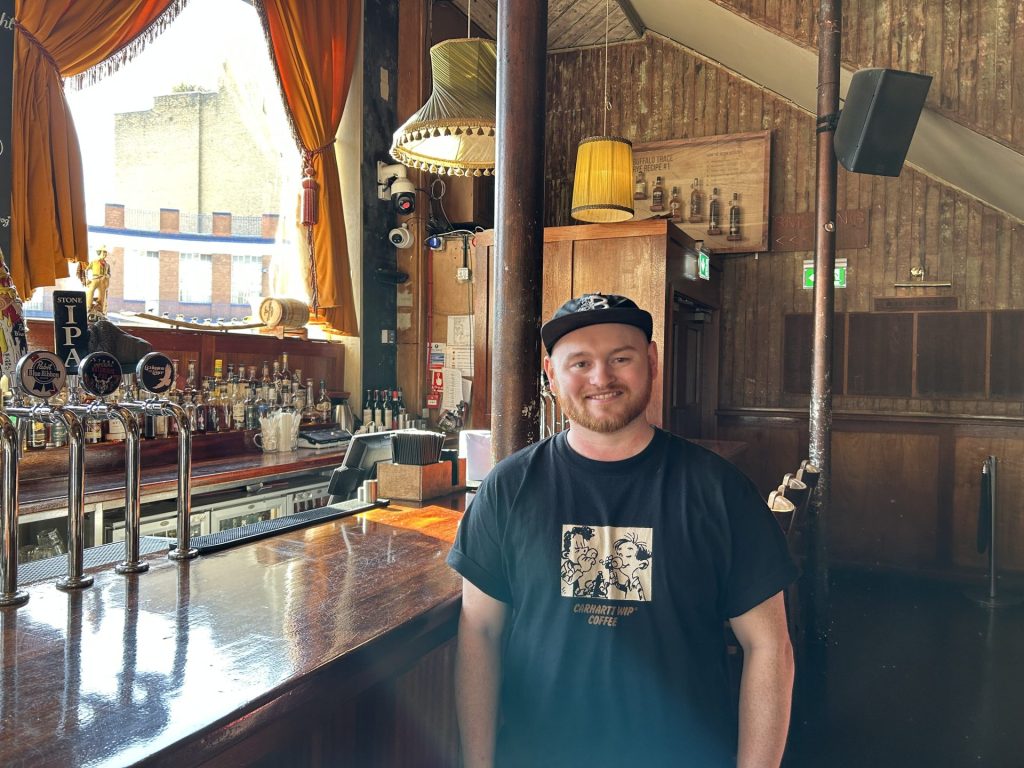
The Lexington, an independent pub in Islington that puts on between 250 and 300 gigs a year, has supported the MVT’s motion.
Cai Beynon, the pub’s operations manager, said: “We employ a lot of people to make these events happen, and as soon as the rates relief goes, the money to pay them is vastly reduced.
“Then we essentially have to pick and choose shows – we would be less likely to put on a show that we weren’t sure was going to sell out.”
Bigger sold-out shows as well as alcohol sales from the pub subsidise smaller gigs, which function as an entry-level option for aspiring artists.
The singer Tommy Adamson, 20, performed at the Lexington with his new wave band, Gingerella.
He said: “Independent music venues are integral to band growth. They are the only gigs you can get at grassroots level – you don’t just start out playing the O2.”
Adamson, from west London, added: “We can’t play the bigger venues. Maybe we’ll get lucky with a supporter slot but somewhere like here, you can just get in through word of mouth.”
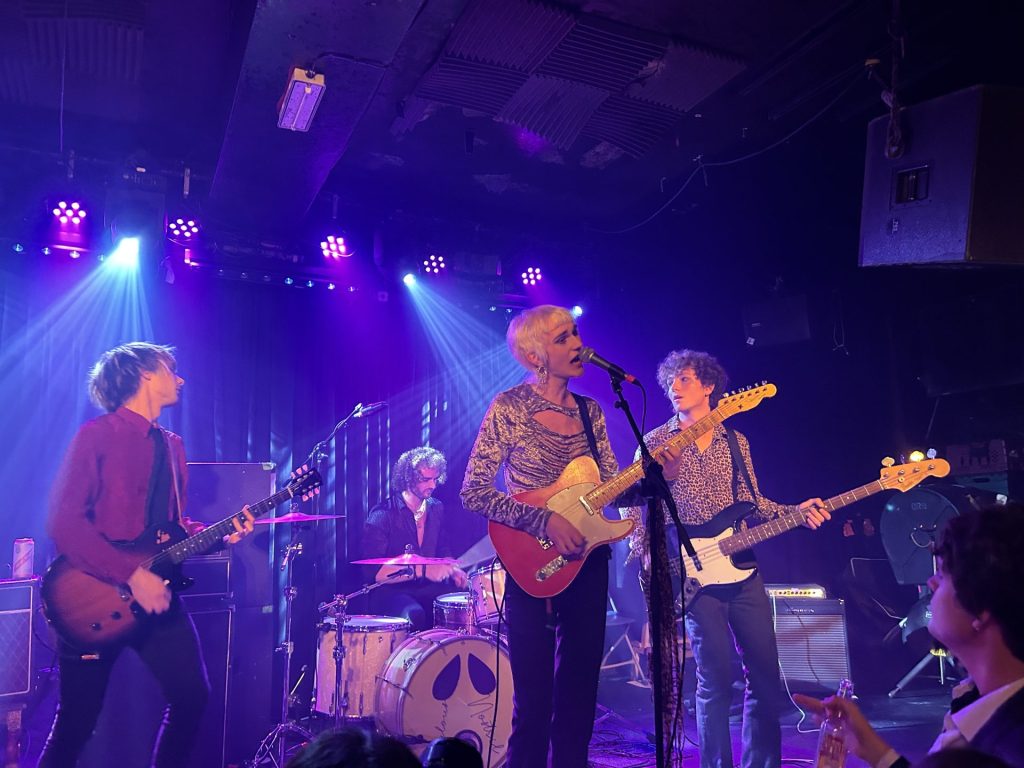
Cullen thinks the “ecosystem” of live music can be upheld if those who are successful in the industry, including large promoters and artists who play stadiums, give back to the venues they started out in.
She said: “When you think of successful artists from the UK within the last 15 years, like Adele or Ed Sheeran or Dua Lipa, they all started out on the grassroots level.
“Artists need that network to hone their skills and learn how to hold a crowd.”
The MVT is working on a project which would give £1 of every arena or stadium ticket into a fund that supports the grassroots venues.
This support, along with the business rates relief, could help grassroots venues cope with various financial challenges, not least the cost of living crisis.
Beynon, who has worked at the Lexington for seven years, said: “Ticket sales have been really uncertain.
“There were a lot of bands that would play here regularly, almost like a residency, and they would sell out every time. Now you’re looking at selling 50 per cent less.”
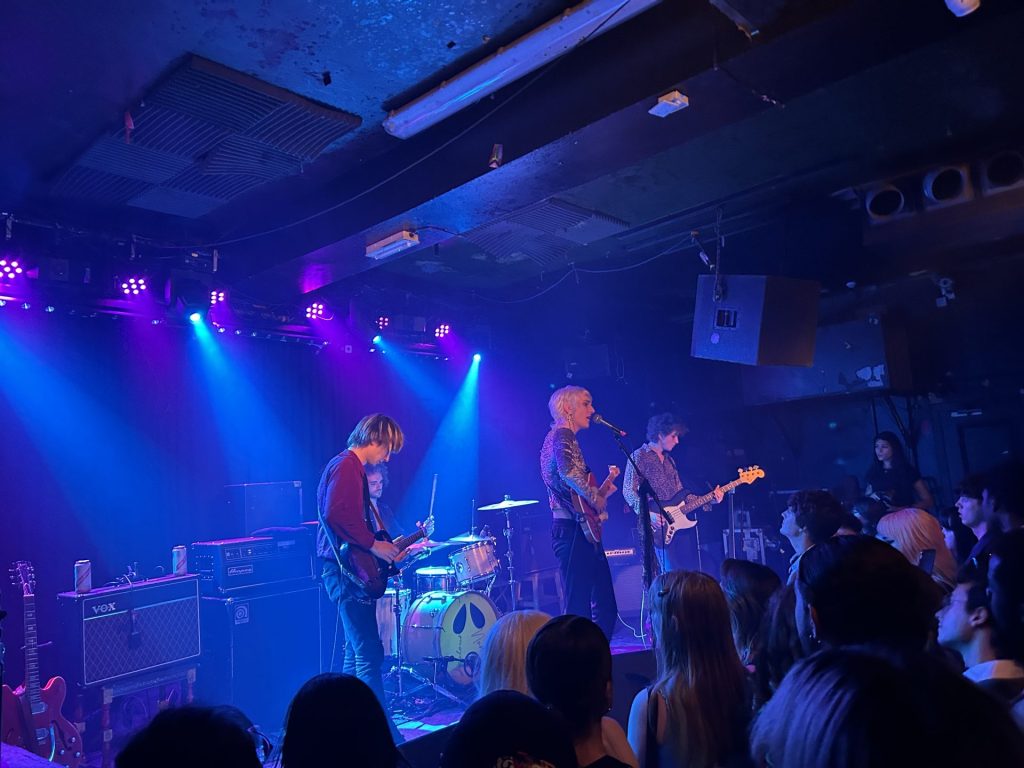
Cullen agreed that the cost of living crisis is a huge problem for the sector, adding: “People don’t have as much disposable income.
“If they want to see Harry Styles or Taylor Swift at Wembley, that basically blows a family’s entire budget for entertainment for months.”
Individuals can help their local grassroots venue, too – just by coming to a show.
Beynon, 29, said: “You can see these bands that are going to be the biggest bands in the world at some point play at your local venue – it’s a really special thing.
“It’s a labour of love, there is not a lot of money to be made in the music industry. It’s a passion project.”
Featured image: Gingerella at the Lexington
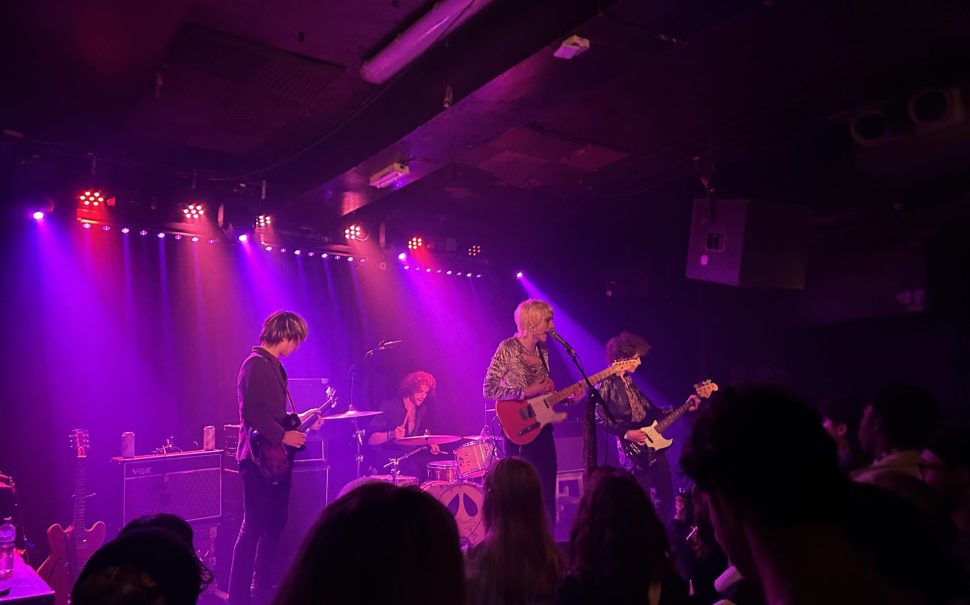
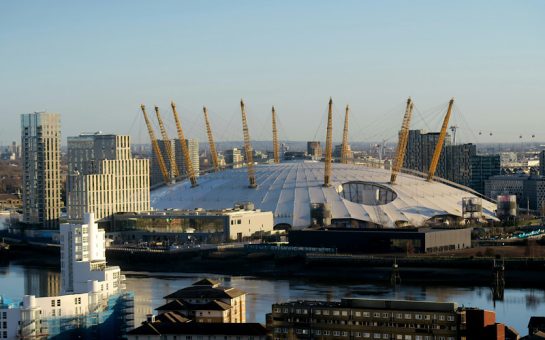

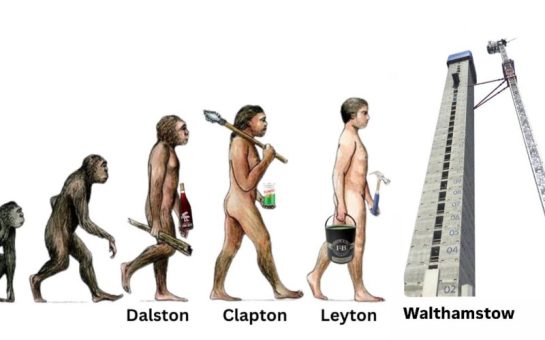
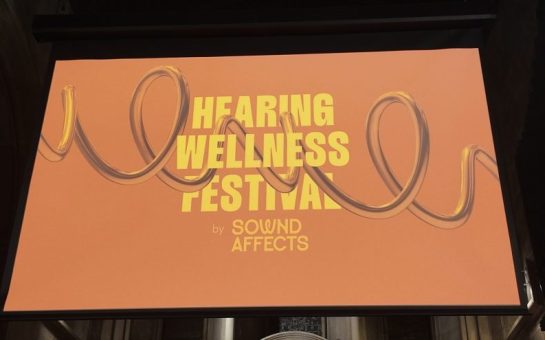
Join the discussion